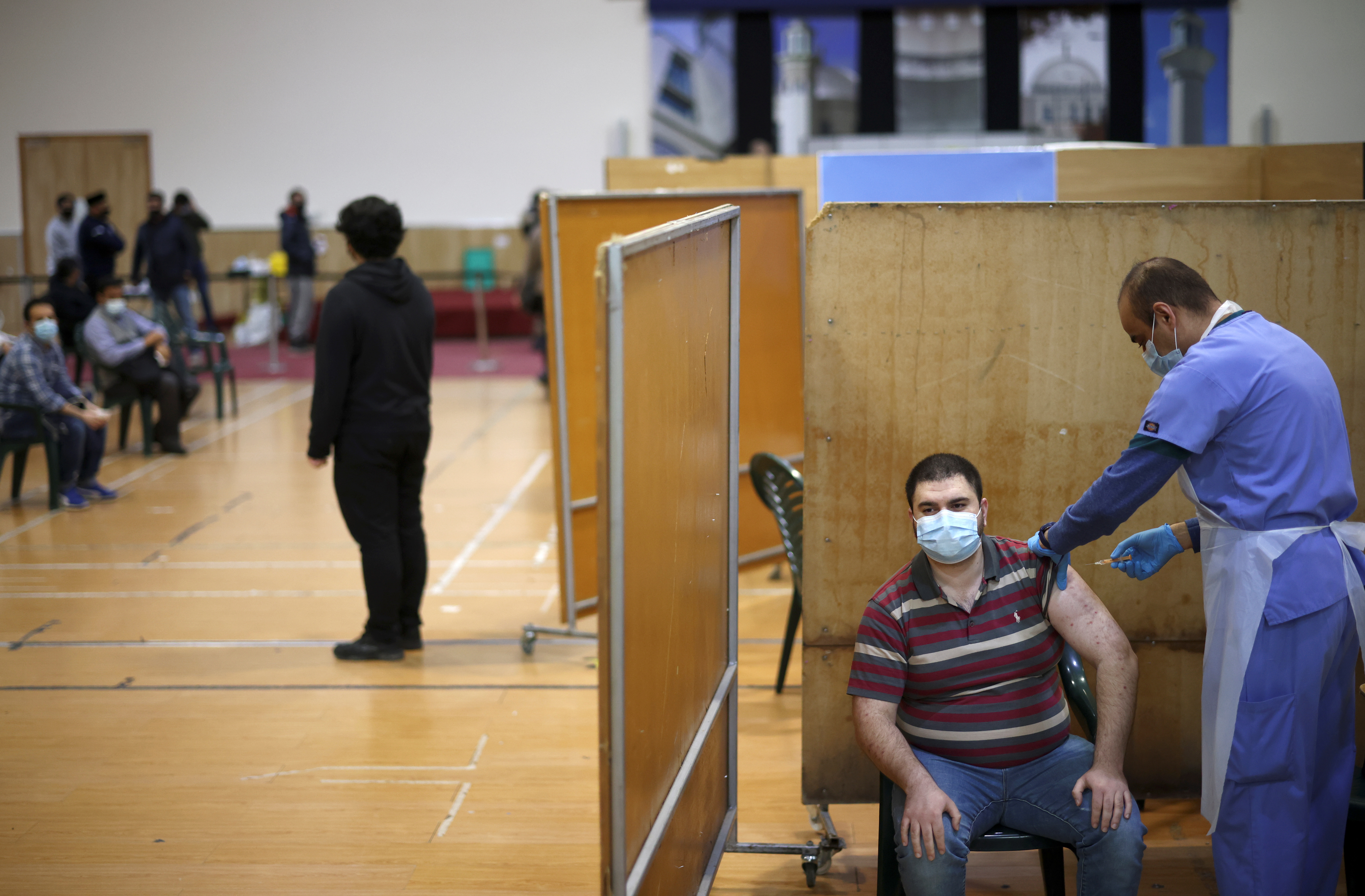You are here
Higher risk of brain clots from COVID-19 than from vaccines--UK study
Primary tabs
Higher risk of brain clots from COVID-19 than from vaccines--UK study
Thu, 2021-04-15 12:08 — mike kraft UK scientists find higher risk of brain clots from COVID-19 compared with vaccines There is a much higher risk of brain blood clots from COVID-19 infection than there is from vaccines against the disease, British researchers said on Thursday, after the rollout of inoculations was disrupted by reports of rare clots. Reuters
UK scientists find higher risk of brain clots from COVID-19 compared with vaccines There is a much higher risk of brain blood clots from COVID-19 infection than there is from vaccines against the disease, British researchers said on Thursday, after the rollout of inoculations was disrupted by reports of rare clots. Reuters There is a much higher risk of brain blood clots from COVID-19 infection than there is from vaccines against the disease, British researchers said on Thursday, after the rollout of inoculations was disrupted by reports of rare clots.
AstraZeneca (AZN.L) and Johnson & Johnson (JNJ.N) have both seen very rare reports of cerebral venous sinus thrombosis (CVST) linked to their vaccines. On Wednesday, the United States paused vaccinations using J&J’s shot while a link with clots was investigated, with Denmark ditching AstraZeneca’s shot over the issue.
British and European regulators have stressed that the benefits of vaccination outweigh the risks.
A study of 500,000 COVID-19 patients found CVST had occurred at a rate of 39 people out of a million following infection, researchers said. That compares with European Medicines Agency (EMA) figures showing that 5 in a million people reported CVST after getting AstraZeneca's shot.
The researchers said in a pre-print study that the risk of CVST was 8-10 times higher following COVID-19 infection than it was from existing vaccines for the disease.
"The risk of having a (CVST) after COVID-19 appears to be substantially and significantly higher than it is after receiving the Oxford-AstraZeneca vaccine," Maxime Taquet of Oxford's Department of Psychiatry told reporters.
The study was based on a U.S. health database, and so did not accrue new data on the risk of clots from AstraZeneca's vaccine directly, as the shot is not being rolled out there.
Taquet said that the mortality rate from CVST was around 20% whether it occurred after COVID-19 infection or a vaccine, indicating the clots were the main risk factor....

Recent Comments